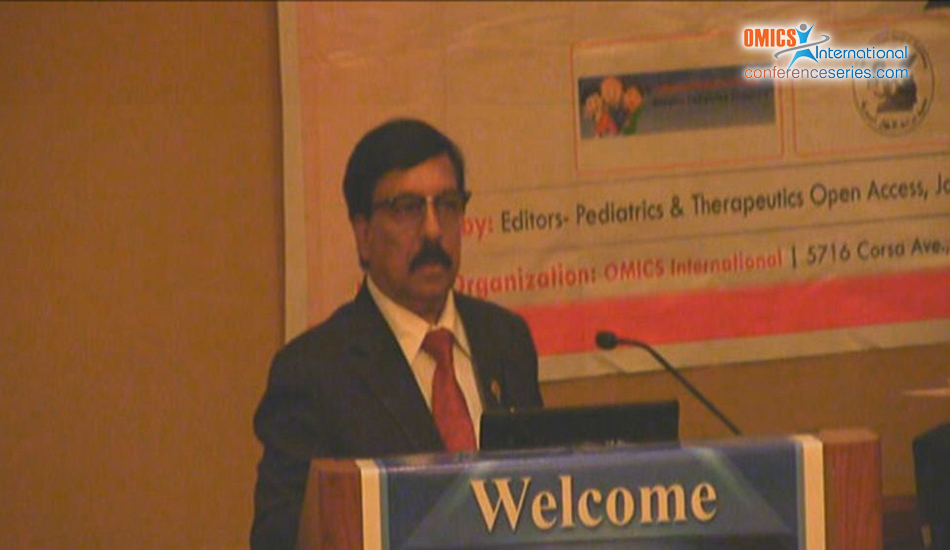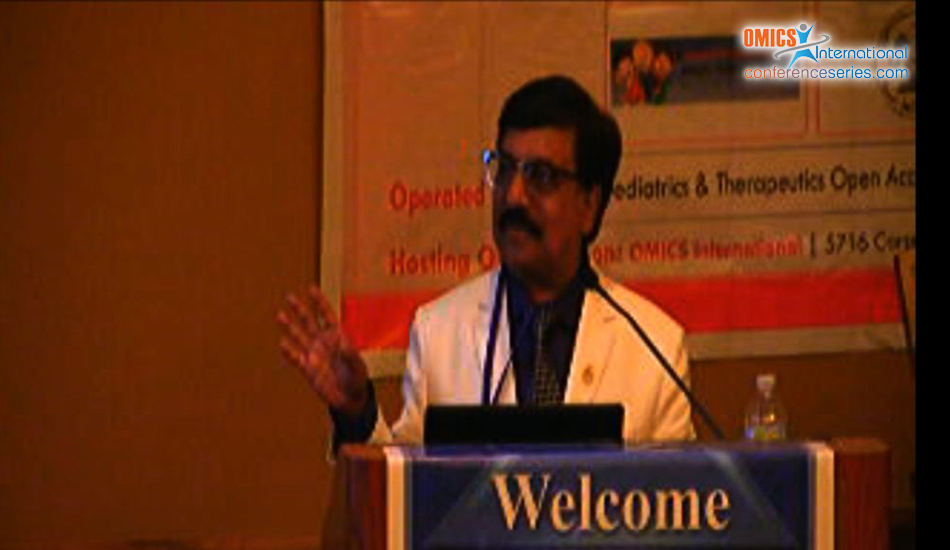
Ashok Kapse
Mahavir Superspeciality Hospital, India
Title: Restoring Vitamin D sufficiency can halt the burgeoning Asthma pandemic
Biography
Biography: Ashok Kapse
Abstract
Asthma is a considerable public health issue, with more than 300 million people affected by it worldwide. It remains the most common chronic disease of childhood in the world. A concomitant rise in allergic diseases is creating a major public health problem. The greatest burden of these diseases is during childhood, when the rapidly rising rates of disease are most evident. There is a possibility that some environmental factors are driving the allergy and asthma epidemic. Recently variations in vitamin D status and intake has been implicated in allergy development and considered as one of a number of explanations for epidemiological and immunological associations. The main role of the immune system is to protect us from infectious microorganisms, but it simultaneously has to distinguish these from harmless antigens such as self antigens and environmental antigens. The immunologic tolerance to self antigens and harmless air born antigens is primarily mediated through a group of lymphocytic cells termed as T regulatory (Treg cells). Depletion of Treg enhances immune responses to non-self antigens, to tumour cells and to commensal microbes. Consequently, a lack or a deficient function of regulatory ‘T’ cells breaks the tolerance to self antigens and environmental antigens such as allergens and leads to autoimmune diseases, allergic diseases, and asthma. Recent works suggest that a vitamin D has significant role in generation, maintenance, enhancement and restoration of Treg cell function in asthma. The role of vitamin D in induction and/or maintenance of essential Treg cell populations, coupled with the capability to promote antimicrobial pathways have led to the suggestion that vitamin D might promote homeostasis required for the unique pulmonary environment and is one of the most essential element for protecting airways and lungs from allergens and infections. Moreover Perinatal vitamin D deficiency could mechanistically drive both the proximal and distal airways to a myogenic phenotype, molecularly and structurally, predisposing the offspring to asthma. Modern lifestyle patterns and environments deprive adequate sun exposure (indoor occupation, “screen time” and active sun avoidance) this predispose to inadequate vitamin D synthesis and status which in turn has resulted in more asthma and allergy.


